The Future of Jerusalem: Sacred Space or Open City?
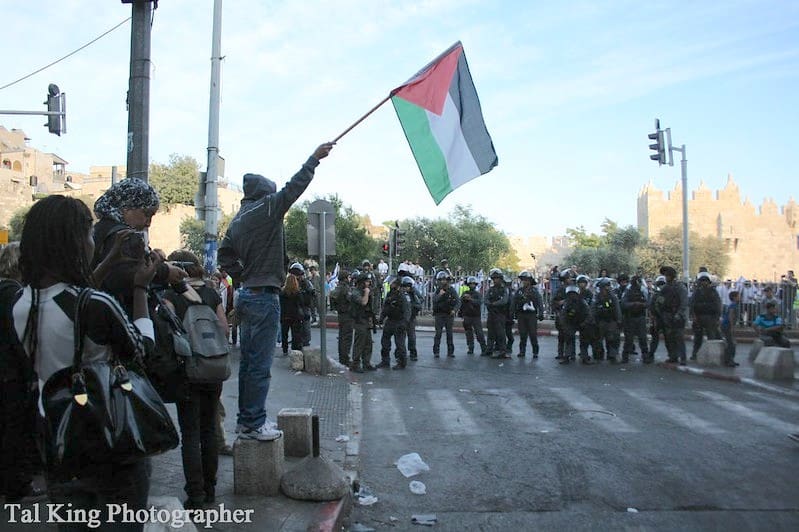
In this policy brief, Al-Shabaka Policy Advisor Salim Tamari examines the different proposals for the future of Jerusalem. Rooted in the sacrilization of the city, Tamari argues that the proposals ignore the colonial subjugation of Jerusalem. He contends that this fact must be addressed in order to achieve an equitable resolution to the Palestinian-Israeli conflict.
The Invisible Community: Egypt’s Palestinians
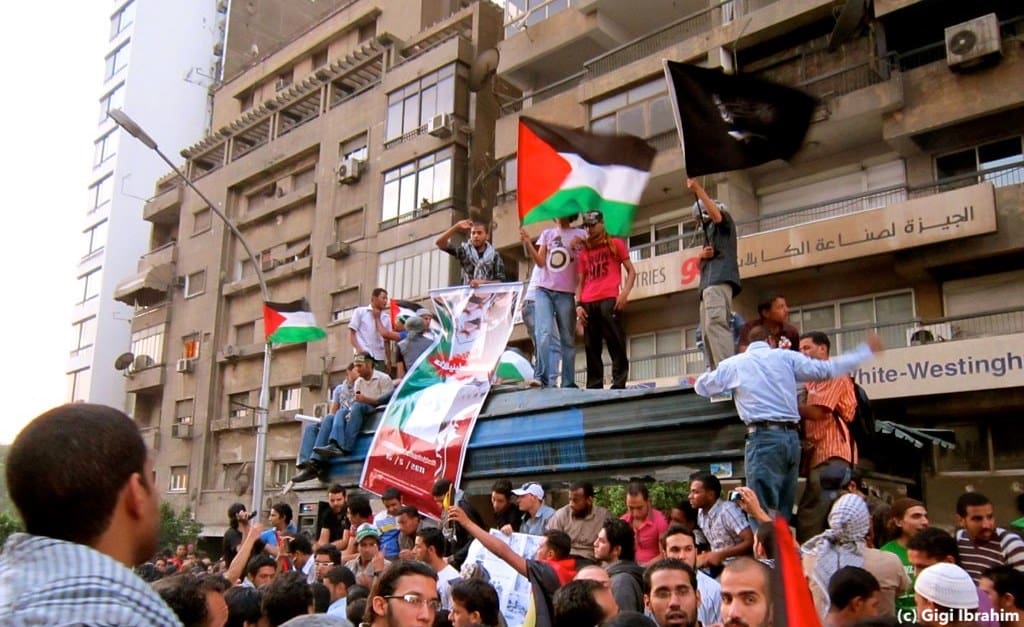
In this policy brief, Al-Shabaka Policy Advisor Oroub el-Abed examines the legal status of Palestinians in Egypt, including positive signs of change following the Egyptian revolution. She argues that the Egyptian government must do more to live up to its responsibilities to the “invisible community” of Palestinians living in the country.
A State of Palestine: The Case for UN Recognition and Membership
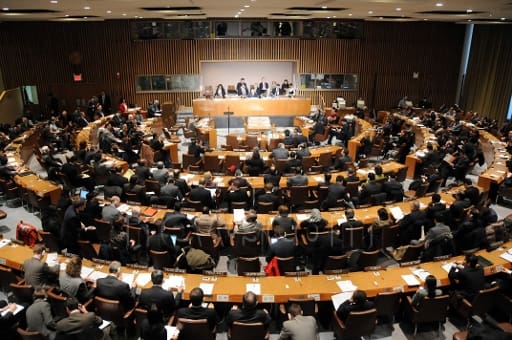
In this policy brief, Al-Shabaka Policy Advisor Victor Kattan examines the Palestinian Authority’s strategy to achieve UN recognition and membership in September. He argues that if the initiative is successful, a State of Palestine would be a strategic asset to the Palestinian struggle for self-determination.
Palestinian Answers in the Arab Spring
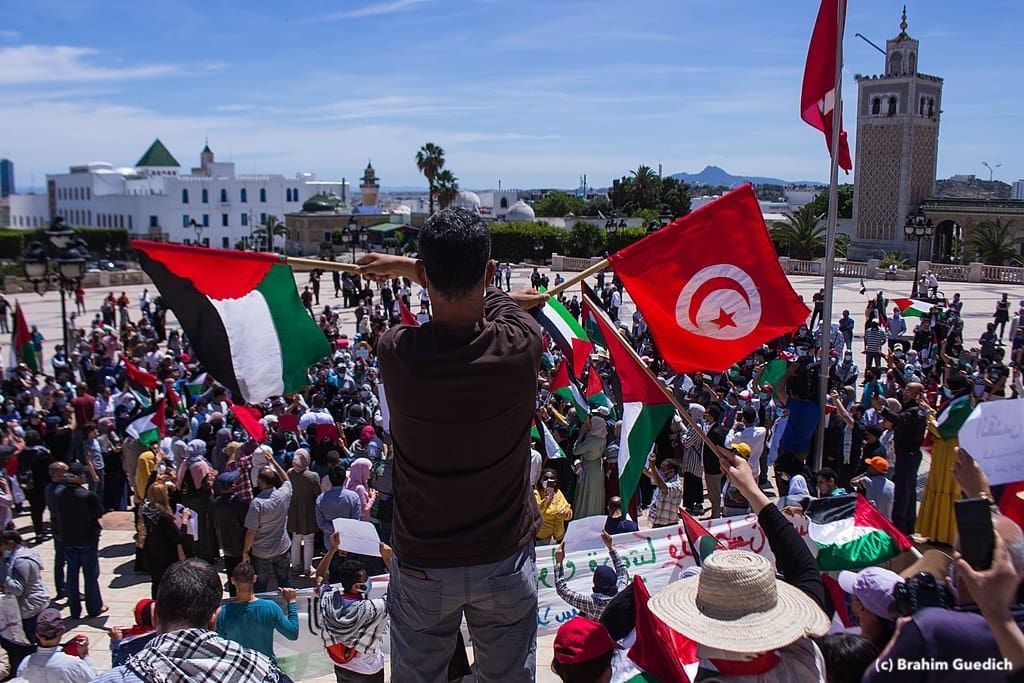
In this policy brief, Al-Shabaka Policy Advisor Jamil Hilal examines the conditions necessary for Palestinians to join the democratic movements sweeping the region. He identifies some of the key principles necessary for a “Palestinian spring,” including a reunified body politic with representative mechanisms and political and intellectual pluralism.
Unmet Potential: The UN Committee on Palestine
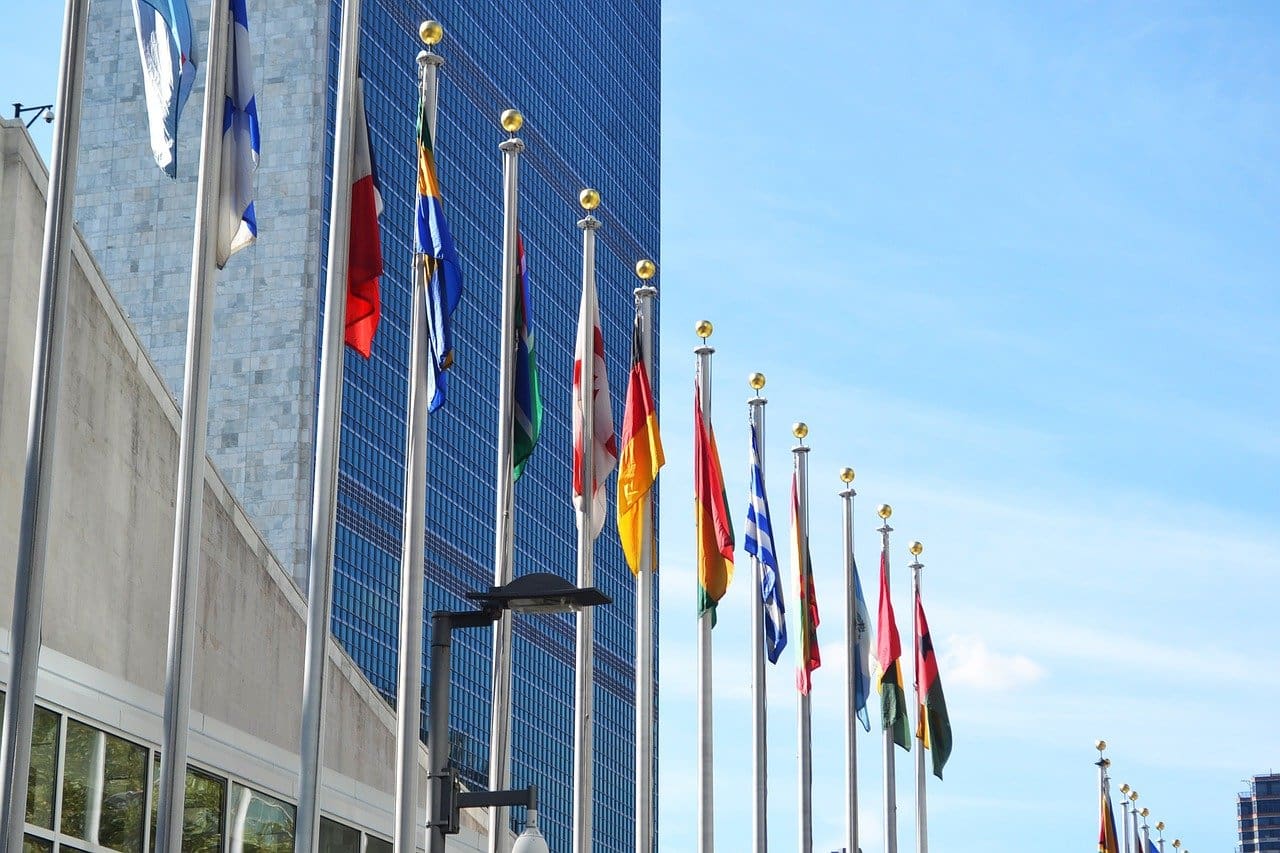
In 1975, the UN General Assembly established the Committee on the Exercise of the Inalienable Rights of the Palestinian People. In this policy brief, Al-Shabaka Policy Advisor Noura Erakat examines the role of the Committee and the failure of the Palestine Liberation Organization to effectively utilize it to achieve Palestinian rights. She also discusses how the Committee has shunned the participation of civil society organizations since the Oslo Accords were signed.
Uneasy but Necessary: The UNRWA-Palestinian Relationship
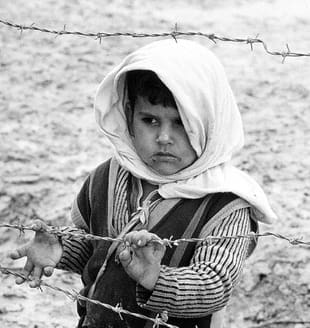
In this policy brief, Al-Shabaka Policy Advisor Randa Farah examines the relationship between UNRWA and Palestinian refugees in Jordan and compares it to the situation of Sahrawi refugees in Algeria.
The Myth of American Pressure
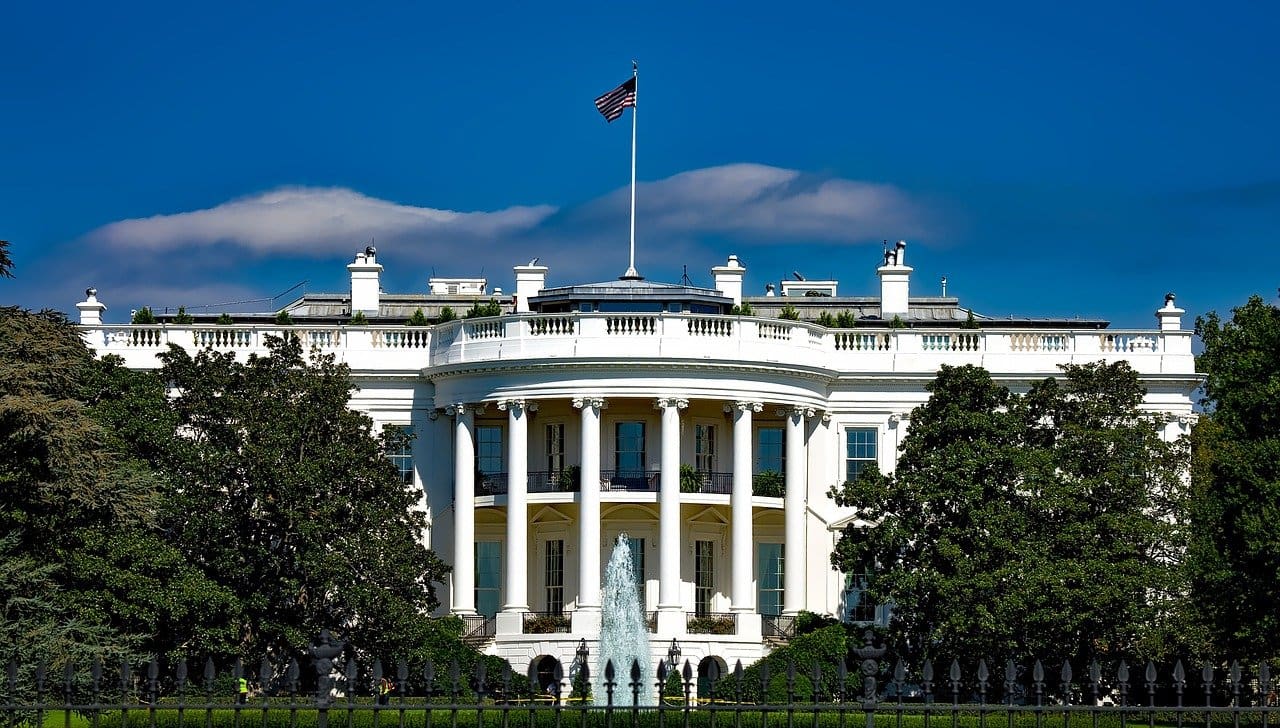
Recent reports that the Obama administration offered Israel unprecedented incentives to continue its limited 10-month moratorium on settlement construction for an additional 60 days have sparked an outcry among Palestinians and their supporters. However, in this policy brief Al-Shabaka Co-Director Osamah Khalil argues that the administration’s actions fit into a much broader historical pattern of public American pressure on Israel and private concessions.
What if Peace Talks “Succeed?”
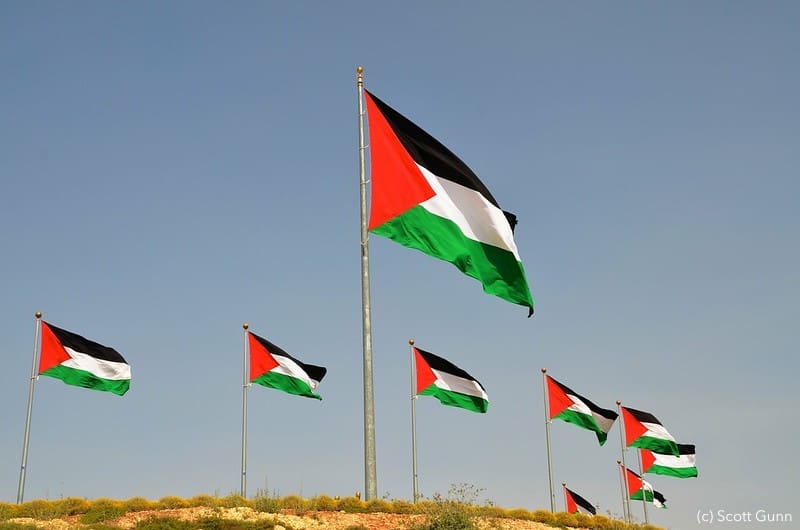
Direct talks between Palestinians and Israelis resumed earlier this month in Washington. Al-Shabaka Director Nadia Hijab examines the possibility that a framework agreement will be achieved and the implications for Palestinian rights. Hijab offers strategies that Palestinians should adopt to ensure that their rights are protected and fulfilled if an agreement is reached.
Justice Deferred: Upholding the ICJ Ruling
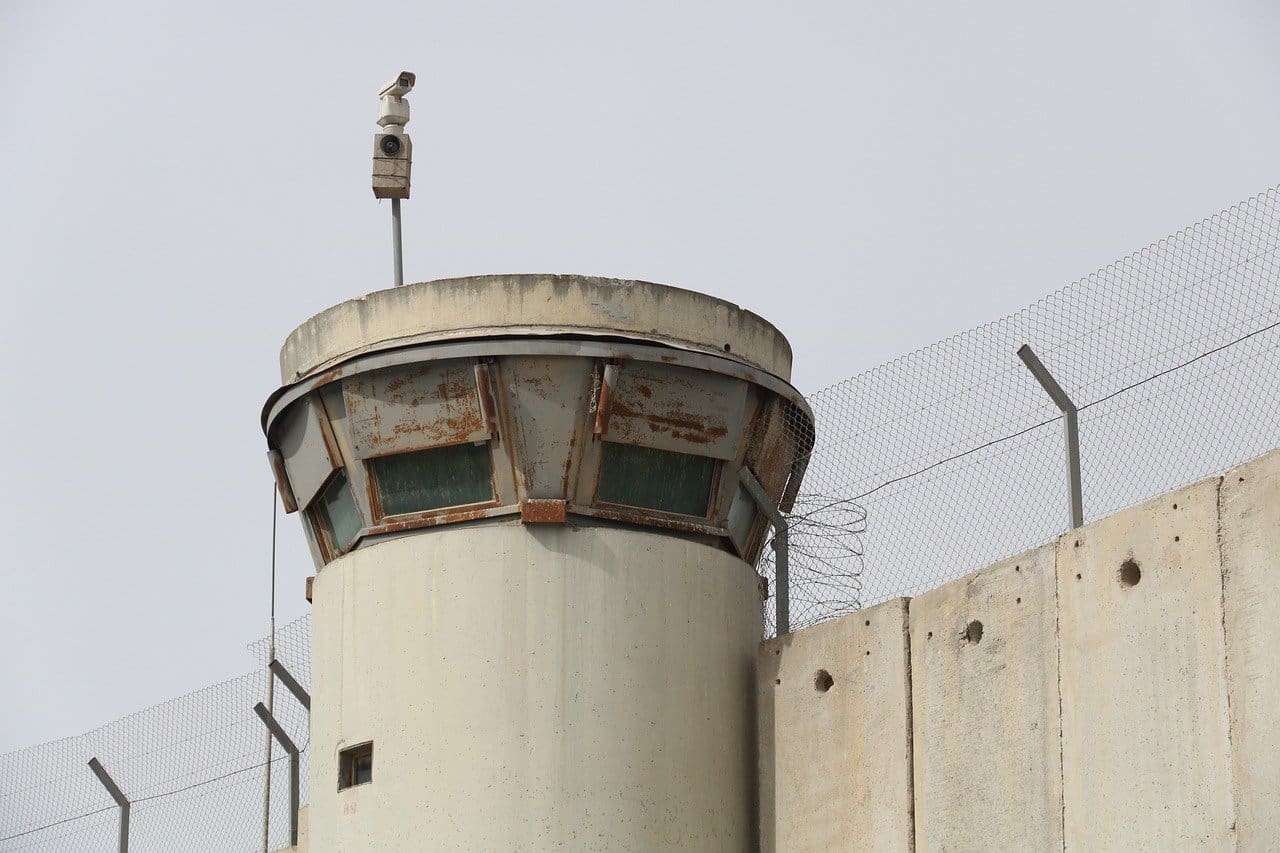
July marked the sixth anniversary of the ruling by the International Court of Justice on Israel’s Wall in the occupied West Bank and East Jerusalem. Al-Shabaka policy advisor Jamal Juma’ examines how and why the Wall was established and how can Palestinians utilize the ICJ ruling to achieve their rights.






